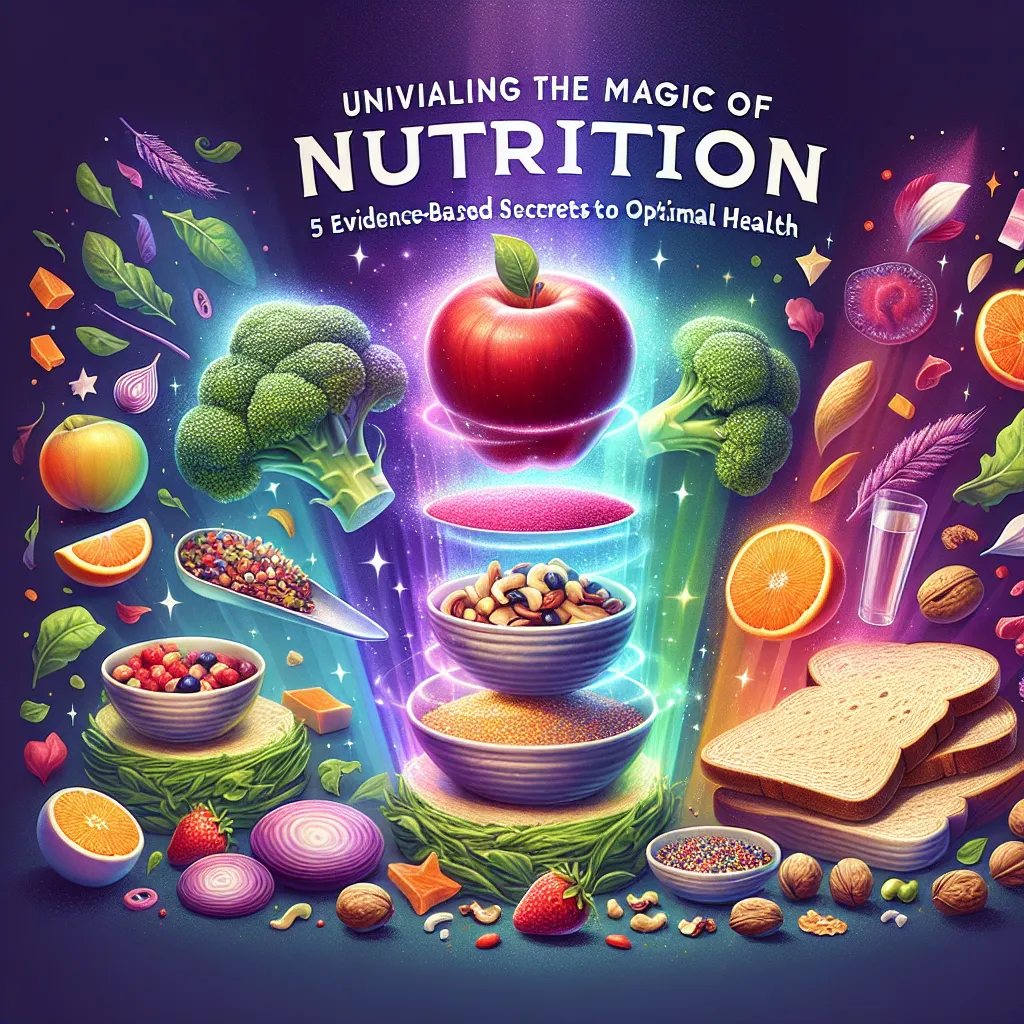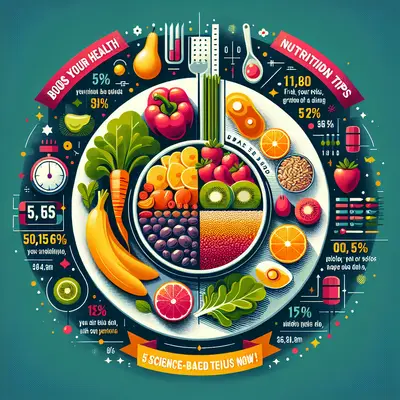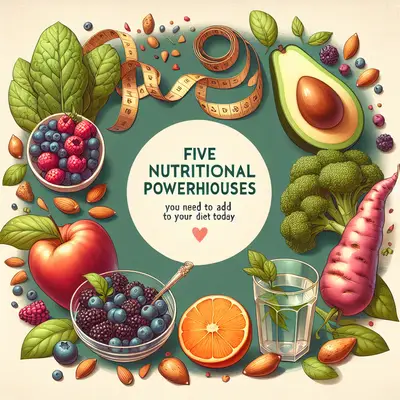1. Whole Foods Over Processed Foods
No nutrition discussion would be complete without emphasizing the importance of whole foods. Whole foods, such as fruits, vegetables, lean proteins, and whole grains, are packed with essential nutrients. Unlike processed foods, whole foods are not stripped of their nutritional content during processing, making them a healthier choice [1].
2. The Power of Protein
Protein plays a pivotal role in our body's growth, repair, and maintenance. Recent trends have spotlighted the potential weight-loss benefits of a high-protein diet, including the ability to boost metabolism, reduce appetite, and increase feelings of fullness [2].
3. Hydration is Key
Water isn't just essential for survival; it's crucial for maintaining optimal health. Adequate hydration aids in digestion, nutrient absorption, and even weight management. Remember, thirst isn't always a reliable indicator of hydration needs, so make sure to consume enough water throughout the day [3].
4. The Truth About Dietary Fats
Not all fats are created equal. While trans fats and saturated fats contribute to heart disease, unsaturated fats, found in foods like avocados, nuts, and olive oil, can promote heart health [4]. So, don't fear fats - just choose wisely.
5. The Importance of Fiber
Fiber plays a critical role in maintaining digestive health and can help control blood sugar levels. Furthermore, a high-fiber diet can promote feelings of fullness, aiding in weight management. Include fiber-rich foods like fruits, vegetables, and whole grains in your daily diet [5].
Conclusion
Nutrition isn't about quick fixes or miracle cures; it's a lifelong commitment to nourishing your body with the nutrients it needs to thrive. These evidence-based principles of nutrition can serve as a starting point on your journey to optimal health. Remember, individual needs can vary, so it's always a good idea to consult with a healthcare provider or nutritionist before making significant dietary changes.
References:
- Harvard School of Public Health. (n.d.). The Nutrition Source - Whole Grains. https://www.hsph.harvard.edu/nutritionsource/what-should-you-eat/whole-grains/
- Pasiakos, S. M. (2015). Metabolic Advantages of Higher Protein Diets and Benefits of Dairy Foods on Weight Management, Glycemic Regulation, and Bone. Journal of Food Science, 80(S1), A2–A7. https://doi.org/10.1111/1750-3841.12804
- Popkin, B. M., D'Anci, K. E., & Rosenberg, I. H. (2010). Water, Hydration and Health. Nutrition Reviews, 68(8), 439–458. https://doi.org/10.1111/j.1753-4887.2010.00304.x
- Harvard School of Public Health. (n.d.). The Nutrition Source - Fats and Cholesterol. https://www.hsph.harvard.edu/nutritionsource/what-should-you-eat/fats-and-cholesterol/
- Dahl, W. J., & Stewart, M. L. (2015). Position of the Academy of Nutrition and Dietetics: Health Implications of Dietary Fiber. Journal of the Academy of Nutrition and Dietetics, 115(11), 1861–1870. https://doi.org/10.1016/j.jand.2015.09.003



